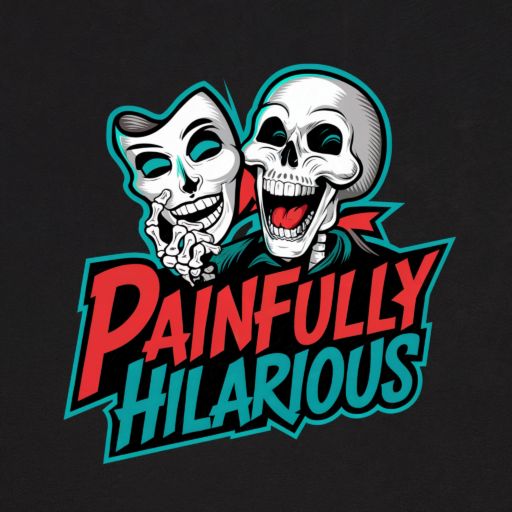Chronic pain and mental health issues are like the toxic duo you never invited to the party but who somehow manage to crash it anyway. Their partnership is more dynamic than Batman and Robin, except there’s no saving Gotham, just a whole lot of suffering. This post explores how these two feed off each other in a delightful symphony of misery, and what you can do to manage this challenging combination.

The Never-Ending Feedback Loop
Ever had one of those days where your pain is sky-high and your mood is somewhere in the Mariana Trench? Turns out, it’s not a coincidence. Chronic pain and depression or anxiety have a twisted love affair, each making the other worse. Research indicates that pain can exacerbate mental health issues and vice versa, creating a vicious cycle that’s harder to escape than your worst ex.
Anxiety: The Constant Companion
If chronic pain wasn’t bad enough, it often brings its pal, anxiety, to the party. The uncertainty of pain’s onset, the fear of it never ending, and the stress of managing daily tasks can turn anyone into a nervous wreck. Studies show that anxiety disorders are prevalent among chronic pain sufferers, adding another layer of torment to their already complex lives.
Depression: The Heavyweight Champion
Depression doesn’t just knock on the door of chronic pain sufferers—it kicks it down. The relentless nature of chronic pain can drain your energy, motivation, and hope, leading to a deep, dark pit of depression. According to research, depression is a common comorbidity with chronic pain, turning your life into a bleak, monochrome painting where even getting out of bed feels like a Herculean task.
The Brain and Pain Connection
Your brain is not just a passive observer in this horror show—it’s an active participant. Pain can alter brain chemistry, leading to changes in mood and cognitive function. Chronic pain can mess with your neurotransmitters, leading to reduced levels of serotonin and dopamine, the feel-good chemicals that keep you sane. It’s like your brain is hosting a never-ending rave but forgot to invite happiness.
The Isolation Effect
Chronic pain often leads to social withdrawal because who wants to hang out when you feel like a human pincushion? This isolation only fuels mental health issues, creating a perfect storm of loneliness and despair. The fewer interactions you have, the more you feel disconnected, amplifying feelings of depression and anxiety.
Coping Mechanisms: The Good, the Bad, and the Ugly
People adopt various coping mechanisms to deal with this dynamic duo, some healthier than others. Exercise, therapy, and social support can be beneficial, but let’s be real—sometimes you just end up binge-watching Netflix with a tub of ice cream, hoping it’ll drown out the pain (spoiler: it doesn’t).
While the relationship between chronic pain and mental health can seem like a never-ending nightmare, understanding it is the first step toward managing it. Treatment approaches that address both aspects—such as cognitive-behavioral therapy, medication, and lifestyle changes—can offer a ray of hope. It’s about finding a balance, even when life feels perpetually off-kilter.Understanding how misery’s best frenemies, chronic pain and mental health, work together is crucial for finding effective ways to manage and mitigate their impact. Because if you can’t break up the duo, you might as well learn how to coexist.
Sources-
[Exploring the bidirectional relationship between pain and mental disorders] [Psychiatry and Pain Management]
